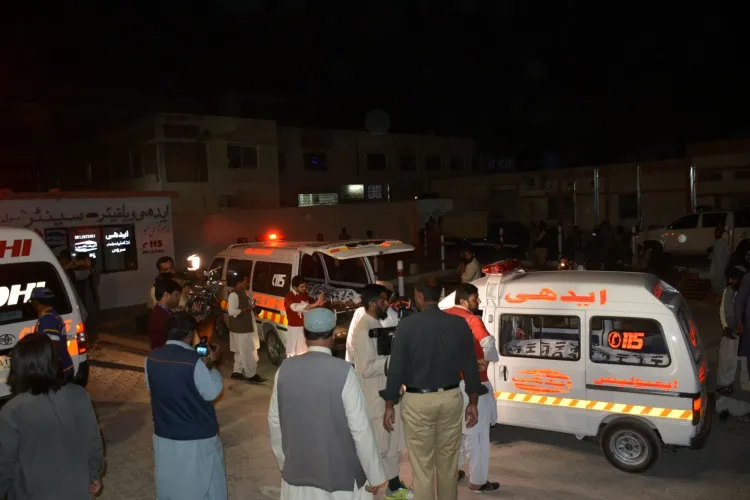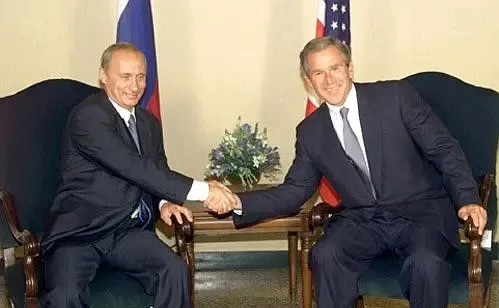Did Pakistani Air Strikes Claim the Lives of Civilians in Balochistan?

Synopsis
Key Takeaways
- Three civilians killed, including two women.
- Five injured, with a four-year-old among the victims.
- Repeated incidents of air strikes reported in the region.
- Human rights organizations demand accountability and investigations.
- Ongoing internet blackout hinders communication about the crisis.
Quetta, Sep 18 (NationPress) Tragically, three individuals, including two women, lost their lives, and five others, among them a four-year-old, sustained injuries due to aerial bombardments by Pakistani forces targeting residential areas in the Zehri region of Balochistan, as reported by a prominent Baloch human rights organization on Thursday.
The Baloch Yakjehti Committee (BYC) revealed that the Pakistani military executed an air and drone strike in the Terasani (Qazib) locality of Zehri in the Khuzdar district late Wednesday night, resulting in the deaths of three civilians and injuries to five others.
“Employing jet fighters and drones against civilian populations constitutes a serious breach of international humanitarian law. This incident is not an isolated event; reports confirm that in the past two months, Zehri has experienced a minimum of three distinct occurrences of aerial assaults and drone strikes by Pakistani forces,” stated the BYC.
According to local residents, drones persistently surveil the region, instilling an atmosphere of fear and psychological distress, compelling several families to live in perpetual apprehension of an attack.
The BYC criticized the Inter-Services Public Relations (ISPR), the media branch of the Pakistani military, for attempting to justify the fatalities by branding the victims as “insurgents,” a narrative commonly used to obscure state-sponsored atrocities against the Baloch populace.
“This incident is emblematic of the ongoing strategy of collective punishment directed at civilian communities in Balochistan. For several months, the entire Khuzdar district, including Zehri, has suffered from an absolute internet blackout. This intentional communication shutdown hinders the external world’s awareness of the humanitarian crisis unfolding in Balochistan,” the BYC contended.
“The absence of independent media access permits the Pakistani state to perpetrate atrocities without accountability, silencing the voices of survivors and the victims' families. This systematic targeting of civilians is tantamount to a war crime and is part of a broader campaign against the Baloch, including enforced disappearances, extrajudicial killings, and now airstrikes, all occurring under an information blackout,” it added.
Another human rights organization, Baloch Voice for Justice (BVJ), condemned the assault as an act of “state terrorism” executed by Pakistani security forces, asserting that the victims were merely ordinary civilians.
“This attack is a severe infringement of international humanitarian law. It follows a recurring pattern of collective punishment through enforced disappearances, extrajudicial killings, and now air raids. With Khuzdar under a deliberate internet blackout, the global community remains oblivious to these violations,” the rights organization stated.
Reiterating that the use of fighter jets and drones against defenseless civilians constitutes a “war crime,” the BVJ urged the United Nations and Amnesty International to break the silence and investigate the transgressions committed by Pakistani forces.










